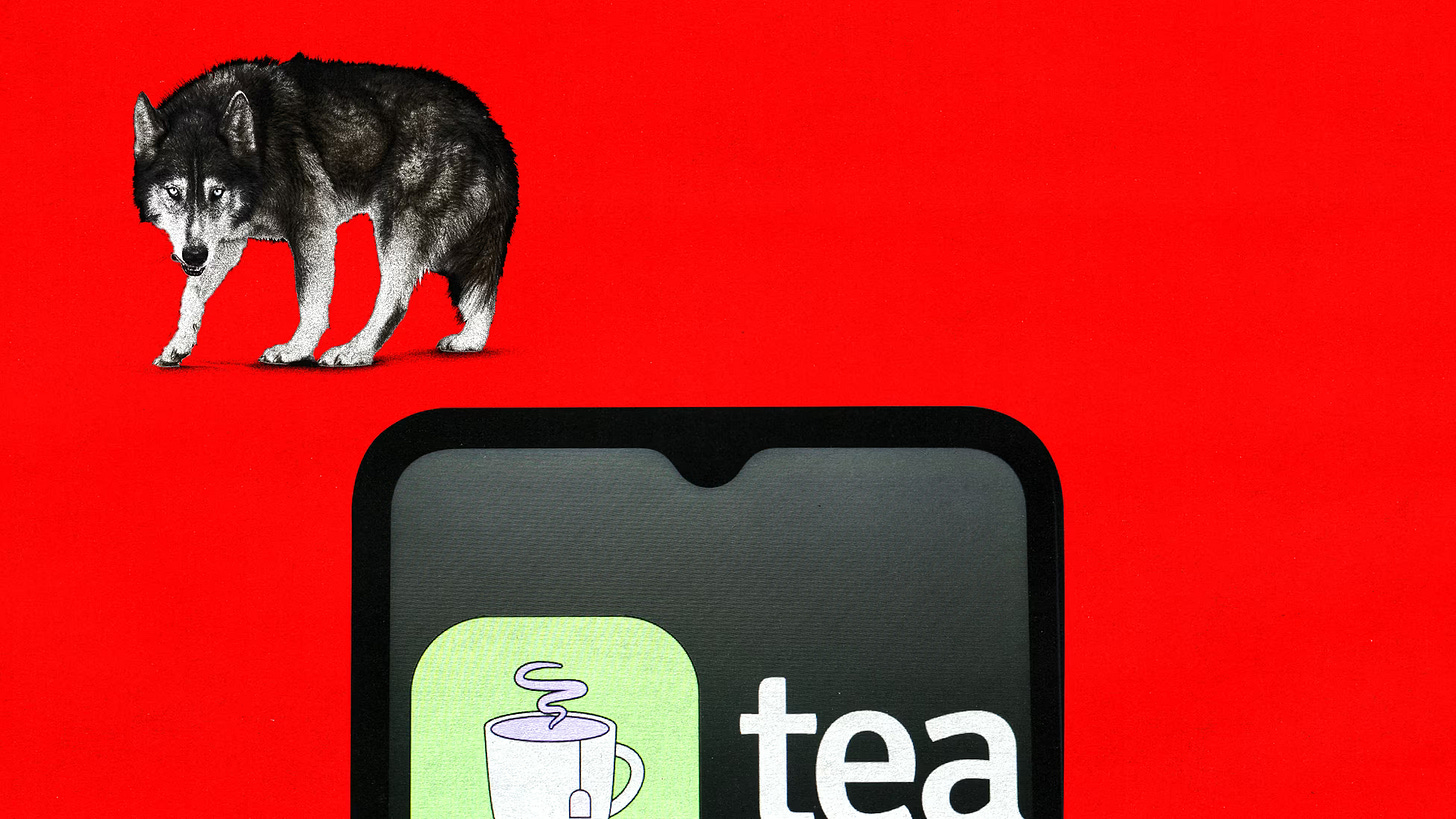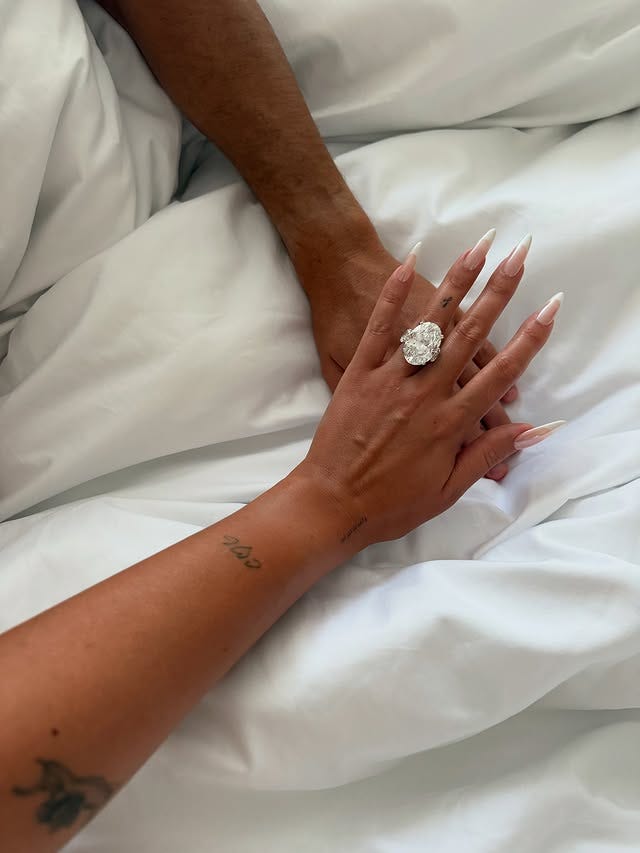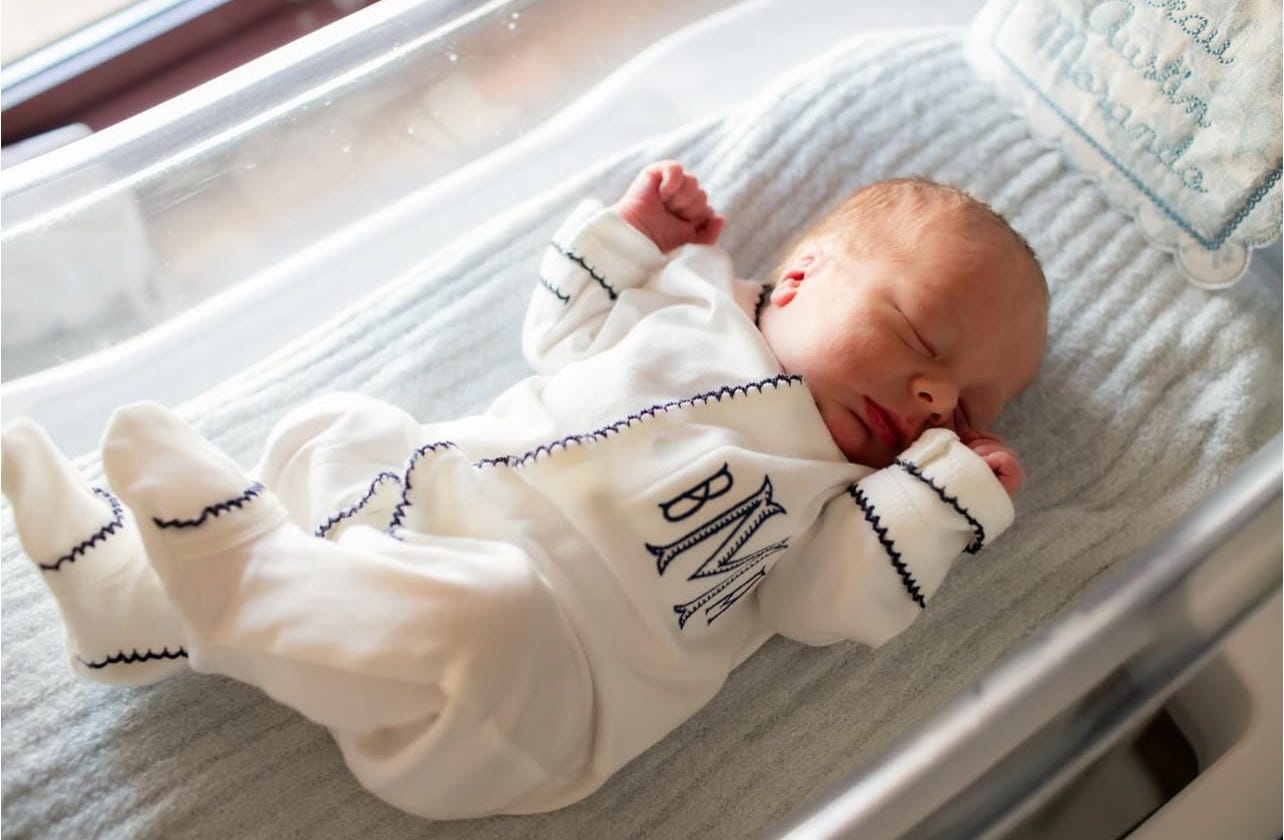Hating on men is in, but do resist.
New format! Check it out.
Hey there, I’m trying something new. The FLD will now cover modern love with the same verve as a tech or business newsletter. Dating, relationships, family, friendship, sex, and the many ways people connect are all fair game.
Much of my writing already lives in this world: The Danger of the Mediocre Man (this concept will get picked up one day, I just know it), my personal dating and relationship truths, the psychology of choosing a baby name, and The Quiet Return. When I’m not right on the money, I’m adjacent. Like when I wrote about seeing a therapist, crossing state lines with strangers in an Uber, or falling ill during my mini-moon. I never thought I had a “beat,” but maybe I do.
Most writing about love belongs to one of three categories: longform personal essays, advice columns, or service journalism (“Top 5 Ideas for Date Night”). I’m not doing that. Expect culture digests with original reporting, curated links, thoughtful commentary, and field notes to keep it human. Sometimes I pitch stories to publications. If the editor says no, you might see them here. FLD are my initials after marriage, but they may also stand for: family/friends, love, and dating. You can get it.
I met my spouse at 29 and married at 32. I don’t believe that gives me authority, but it does provide the right texture. I didn’t marry young, and I haven’t stopped thinking critically about relationships since.
Last night I went to Hot Feelings SF ❤️🔥, a singles event hosted by Joyce Zhang (“Ex: MIT, BCG, Stripe”), who describes herself as a dating coach for high performers. I’m writing a story about her work and the dating landscape in the Bay Area for a local publication. My biggest takeaway: Founders, AI leaders, startup C-suites, PhDs, and Ivy league alum—they’re just like us! A few said that pedigree used to be a criterion in a life partner. Now? Compatibility wins. I’m thankful to all the attendees who spoke to a reporter in the middle of their romantic exploration. Not easy.
Lately, women disparaging men seems more common. In popular dating and lifestyle podcasts for millennials, the female hosts will often say a variation of the following: “I hate to side with a man” or “You know I hate to defend men, but—” It’s said in jest, but the subtext is clear: women know better. Ironically, after hedging against men, the host often nudges her listener toward the conclusion that: Hey, maybe your boyfriend isn’t crazy. Maybe it’s you who should reconsider.
This is a soft example of heteropessimism, or “the ambient disappointment with men that straight women have been registering since at least 2019,” according to Anna Louie Sussman at The Cut. I didn’t know it had a name until I read the story about Corinne Low, an economist who, after a failed marriage with a man, chose to marry a woman instead. Why? Because data suggested that women in heterosexual relationships are unhappy, largely due to unequal division of domestic labor. Becoming a lesbian, she says, was an “evidence-based decision.”
Low is much happier now. The article shows her with her wife, their 8-year-old son (from Low’s previous marriage), and a 3-month-old daughter. Everyone is smiling.
At first, I was impressed. I wouldn’t do that. But two things: This was a decision made by a woman later in her life, when physical attraction often becomes less important in a partnership than the ability to share responsibilities and co-parent. Second, I think heteropessimism (and heteroantagonism, or a clear opposition toward all men, “think: South Korea’s feminist 4B movement, which eschews any voluntary contact with men”) is unproductive for society. Even, dare I say, dangerous.
Chloe Combi at The Independent wrote that young people are coming of dating age into an atmosphere “akin to a gender civil war.” Further: “Girls are being told at an impressionable age that ‘all men are trash’ and boys are being told that girls are ‘scheming b*****s’… so it’s unsurprising that they view dating less as a pleasurable pursuit and more as a game of tactics where the goal is not to fall in love, but to win.”
Most would agree that dating isn’t a game, and no gender is actually inferior. But our consumption bubbles—podcasts, articles, social media, and group chats—directly tell us that strategy from both sides is necessary and that men, particularly, leave much to be desired.
I’m not innocent myself. The other day in a conversation with friends, the topic of a new Uber feature that lets women book a female driver came up. The first thought that came to mind: “Not all men, but always men,” I said with a sigh. I agree with the aphorism. Not all men are harmful, but perpetrators are invariably men. (Obviously this is not a statistical absolute.) But I caught my own micro-contribution toward heteropessimism and I felt guilty afterward.
Given that the intent of heteropessimistic messaging is cautionary, it is ironic that it is also damaging. When my husband suggested we move in together, I was wary. Did he want to advance us to a new milestone or did he want to get the “milk for free” without “buying the cow”? IYKYK. When he told me about his last relationship—five years without a proposal—I silently judged. Was he working out what he wanted in a life partner or was he inconsiderately wasting her time? (I believe time being a more precious resource for women in terms of child-rearing is responsible for a LOT of male resentment.) Men are not discussing egg-freezing at the bar, this much I know.
I’m trying to get closer to being a hetero-optimist, if such a term exists, and I hope society swings back too. I’ve stumbled into my fair share of dicey men—my estranged father is an undiagnosed sociopath, and when asked why he cheated, my ex said to my face, “I didn’t think you’d find out.” But I don’t believe most men are disappointing. I have male role models and friends. I know great boyfriends and husbands. I have one myself. Mo cleaned our toaster this morning out of nowhere. I peered inside while making coffee to find not one crumb in sight.
In this Note: The morality of “digital whisper networks,” whether couples who meet online are less happy, the biggest engagement ring you’ve ever seen, and Relationship OS.
💌 Have a story or topic I should look into? Write to me at: fendiliudufner@gmail.com. You can also reply to this email if you’re reading from inbox. 💌
Read the full story about the economist who chose same-sex marriage to make life easier.
Consider implementing a “no screens in the bedroom” rule for your kids—or yourself. This tip comes endorsed by Jonathan Haidt, author of The Anxious Generation, psychologist Lisa Damour, and Michael Rich, a pediatrician and the founder of Boston Children’s Hospital’s Digital Wellness Lab. I’d like to graduate to this rule, but in the meantime, I picked up a Brick, which has been effective.
The Atlantic seems to have coined the phrase “digital whisper network” to describe communities like Tea and Are We Dating the Same Guy? Facebook groups. I’m still debating how I feel about them. On one hand, the ability to warn others about a legitimate predator is valuable. On the other, learning that a man ghosted other women, or that his apartment is a mess, shouldn’t matter to potential suitors. As I’ve previously written: “No one is wholly good or bad. Past basic decency, we treat people according to how much we value them. And value, as it turns out, is a moving target.”
On a recent episode of It’s Me Tinx, one caller said she looked up a guy on Tea before their first date. His “tea” wasn’t a dealbreaker, but it cast him in a poor light. This made her paranoid and “act like a freak” on their date. She questioned him more than usual, to the point of mild interrogation. Plot twist: the date was amazing, and she regretted her behavior after not getting asked out again. She spiraled and asked Tinx if she should text or call him to let him know the truth. Tinx was baffled, as was I. The advice: GIRL, ABSOLUTELY DO NOT DO THAT.
Crowdsourced intel should be consumed with a grain of salt. I read Yelp reviews with a discerning eye. I’m not entrusting strangers (anonymous and with emotional ties no less!) to influence my perception of a future partner. It’s not savvy and it certainly isn’t romantic. To be clear, I’m not saying: Don’t believe women. I’m saying: Believe yourself.Couples who met offline say they are more satisfied than those who met online. That’s what the data shows, but really this article says that paradox of choice makes people less happy, and having preexisting social ties to your partner—friends, family, colleagues—is helpful. But shared connections can be built from scratch, and absent if you do meet IRL. I know many dating app success stories.
One VC believes Relationship OS is a new movement and there will be “a wave of startups reimagining how we build and maintain human connection through software.” I’m interested in what’s to come even though ”human connection through software” reads like bad (but still above average) copy for a tech billboard. Here’s an example in beta. (SF only)
Cristiano Ronaldo proposed to his girlfriend Georgina Rodriguez and she said yes, or more likely “si.” I do not follow either celebrity, but if this ring had an account, I’d follow it.
Do NYT Modern Love essays sometimes follow a formula? You meet the flawed main character making a reckless decision. “This isn’t good,” you think while scrolling—only to have the story conclude with a Gotcha! Turns out, the wacky-on-paper couple has been together for decades and has grown children. Like the couple who got married within seven weeks due to visa restrictions. Or the woman who went on a tantric sex retreat with her FWB in Costa Rica. The FWB was engaged to another woman at the time, but alas, they got married under a waterfall and just celebrated 25 years. The happy endings don’t feel earned to me. I guess in real life, you can get lucky.
Marriage: “We are so back.” Also, that “half of marriages end in divorce” statistic is outdated. Phew! It’s more like 40% now…
A crying man is a beautiful thing! Nebraska punter Archie Wilson burst into tears at a press conference when asked about being away from his family in Australia. Apparently, this sparked “discourse.” All I’ve seen is praise.
Dr. Gabor Maté explained to Mel Robbins why no siblings grow up in the same house, have the same parents, or have the same childhood. I don’t have siblings and this gave me chills.
On a personal note: One of my best friends gave birth to her first child this week! Welcome, Beau 🩵






